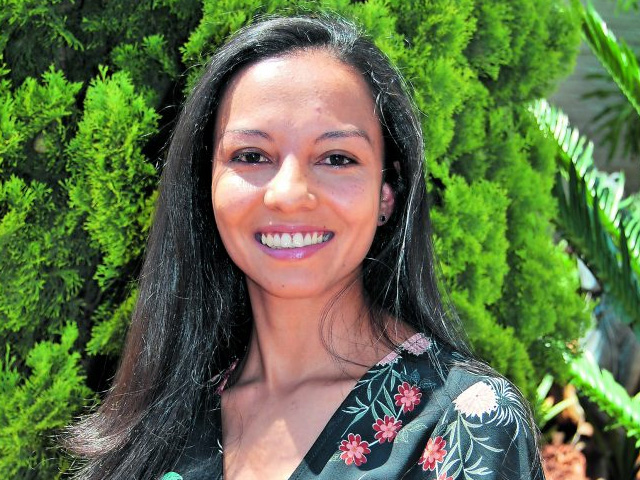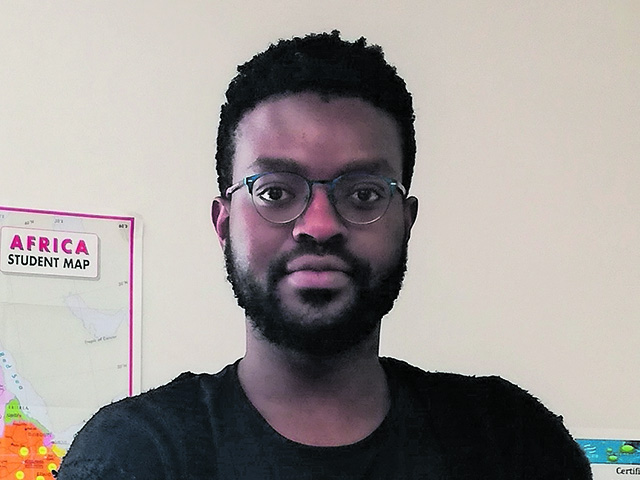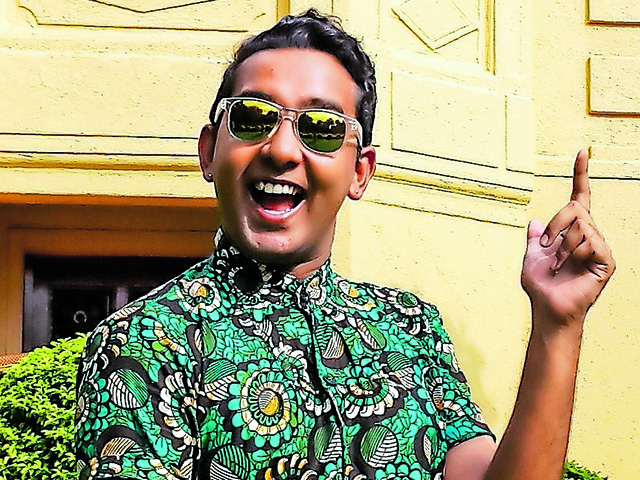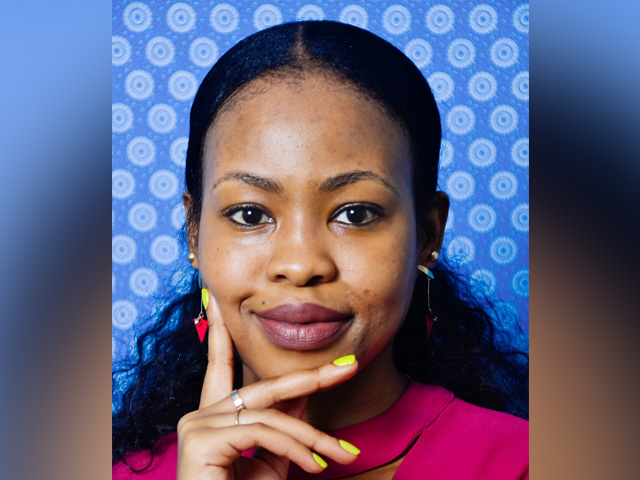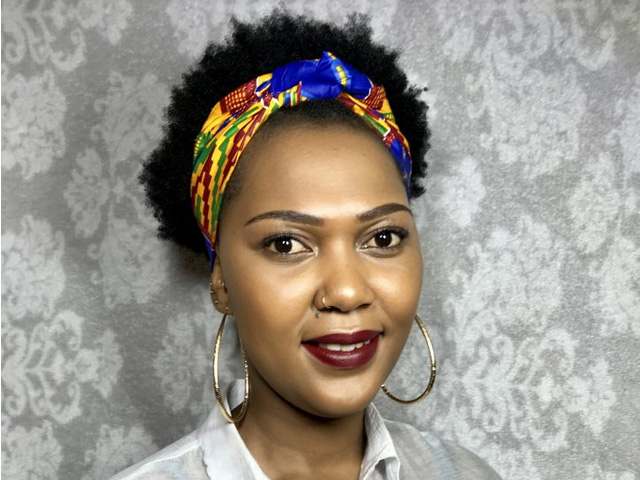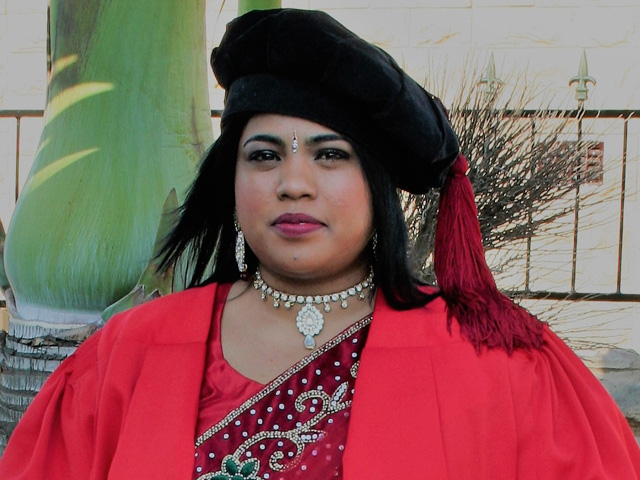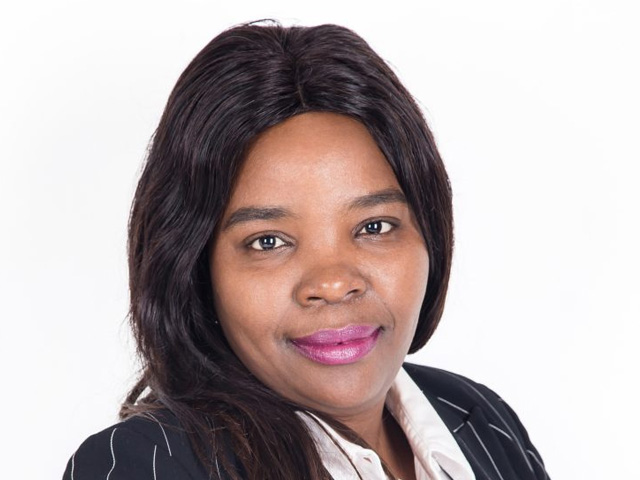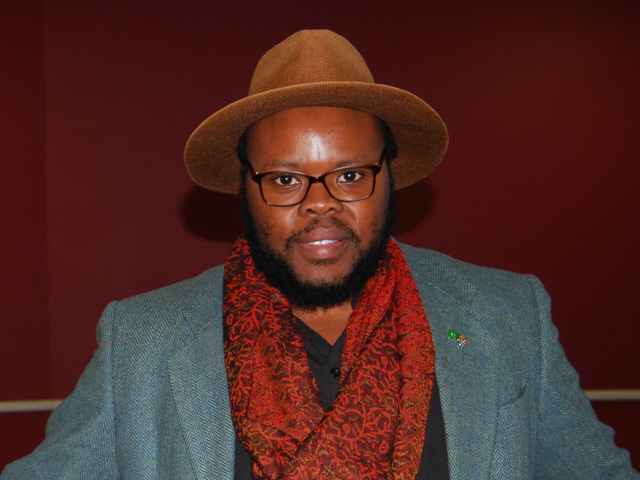Demography lecturer Nicole de Wet teaches a scarce skill to social science students who want to learn statistics and quantitative research methods.
“Most of the people in my classes are bachelor of arts students who believe that they need to be super-smart to do statistics. I teach them that there is nothing to fear and that everyone can do statistics. I introduce the subject by showing how it relates to social science topics including HIV and Aids and teenage pregnancy, so my students see how stats apply to existing population issues. When students can relate to issues, they tend to learn concepts quicker, and be able to apply the tools to other problems,” she says.
Having obtained her PhD in demography and population studies and now with 31 published journal articles to her name, De Wet has successfully supervised 28 master’s students to completion.
“I teach students from diverse backgrounds, so I never assume prior knowledge of the subject — I teach everyone from the beginning. With students who have never done mathematics or any other quantitative science, I draw on my own work and the work of students before them as inspiration. Students respond positively to seeing the work of their peers — it gives them confidence that they can do the same.”
De Wet also holds career development workshops throughout the year, teaching students how to conduct oral presentations at conferences, write journal papers, and do peer reviews for journals.
“These are skills that are not taught in any formal curricula, yet which are fundamental to our goal of producing world-class graduates. “For my postgraduate students, I include them in research work that I am doing, and work with them to publish and attend conferences.”
De Wet’s research interest is adolescent health and development. Topics include risky sexual behaviours (including transactional sex, lack of consistent condom use and multiple sexual partners), causes of death (including suicide), perceptions and attitudes toward risky and exploratory behaviours, and disease prevalence among young people. This work is both regionally and globally relevant.
“Teaching, supervision, mentoring and sharing my own experience with students makes me a better researcher, because I need to know all the new developments in the field in order to be a better lecturer.” — Linda Doke
